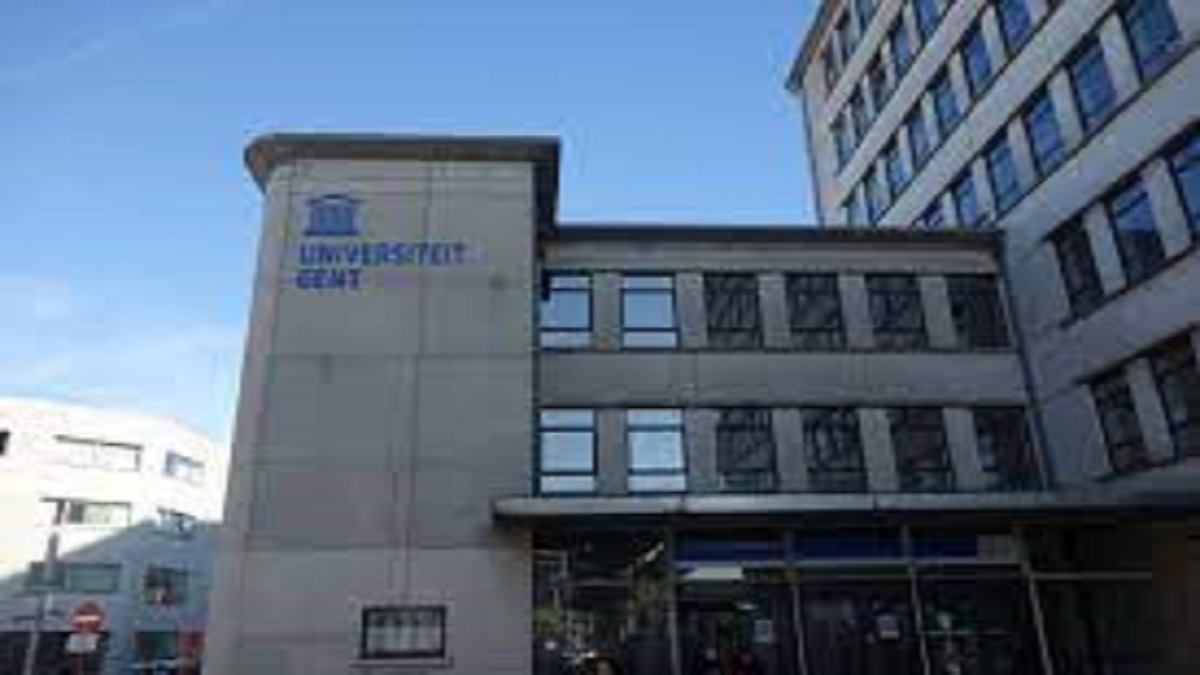
Job description
The research unit Nuclear Fusion (infusion) of the department of Applied Physics at Ghent University is looking for a postdoctoral researcher in the field of fusion data science. Candidates preferably have a background in fusion plasma physics or fusion technology, as well as experience or a strong interest in data science applications for fusion. The research will be situated in the area of integrated data analysis (sensor fusion) for fusion diagnostics, aimed in particular at real-time applications in DEMO (see below for further details).
We offer the following:
• A postdoctoral research position for 1 year, extendable to a total of 3 years.
• An exciting research environment at the intersection of theory and application in the multi-disciplinary research domain of fusion data science.
• The possibility to participate in international conferences and collaborations.
The tentative starting date is September 1, 2022.
Background and research topics:
The research on controlled nuclear fusion is a large-scale international endeavor aimed at developing fusion power as a clean and limitless source of energy. Fusion is a very interdisciplinary field, involving the rich physics of magnetized plasmas, as well as the technology of fusion devices. The permeation in fusion of the methods of Bayesian probability and machine learning is a relatively new development, resulting in a multitude of possible applications and challenges.
The research unit Nuclear Fusion at Ghent University is active in the development and application of modern data science methods in the context of nuclear fusion science and technology. The research spans a broad range of applications of Bayesian inference, machine learning and information theory in fusion R&D. Prospective applicants are invited to consult the website http://nuclearfusion.ugent.be for an overview of current research topics.
The research unit not only focuses on applications of existing data science techniques in fusion, but also develops new methods by building on the foundations of Bayesian probability, information theory and the mathematical field of information geometry. In addition, by incorporating physical constraints into our techniques, we aim to narrow the gap between first principles theoretical or modeling approaches of plasma phenomena and purely data-driven techniques.
The research area that the candidate is expected to work in is related to integrated data analysis (IDA) and uncertainty quantification for the European fusion demonstration power plant DEMO. IDA uses the methods of Bayesian probability to combine measurements from multiple diagnostics for deriving the probability distribution of plasma quantities, compatible with all data and additional constraints. This will be crucial for DEMO, since space limitations and exposure to radiation will pose severe constraints on the number and type of diagnostics that can be deployed. The research will break ground in bringing this expertise for the first time to the design activities of the European DEMO machine. This comes with a number of specific challenges due to real-time requirements, the need for uncertainty quantification at both the side of the diagnostics and actuators, as well as integration into the control system of the device. The research will build on earlier and ongoing work regarding IDA at present fusion devices and at ITER, developing and/or implementing forward models (synthetic diagnostics) for key diagnostics and validating the models with data from prior or new experiments. This will require good insight into the principles, operation and sources of uncertainty of the respective diagnostics. In addition, appropriate approximations and specialized techniques will need to be introduced to allow real-time inference. Finally, close collaboration will be needed with the teams responsible for developing plasma control solutions for DEMO.
Job profile
The field of fusion data science is situated at the interface between several research disciplines, involving plasma physics, fusion technology, probability theory, machine learning and information theory. We are therefore looking for a highly motivated candidate who is prepared to take on a challenge in this exciting research domain with links to many other areas in science and industry. Ideally, the candidate has a background in fusion plasma physics or in fusion technology (e.g. diagnostics), as well as experience or strong interest in Bayesian probability or machine learning. Candidates with another specialization in physics (preferred), engineering, mathematics, computer science or electrical engineering are also welcome to apply, but need to be strongly motivated to deepen their knowledge about fusion science and technology.
Creativity and a good sense of initiative are highly desired in this position. Furthermore, candidates are expected to collaborate within the European and international fusion community. This may involve travel abroad to some of the international fusion laboratories that the research unit collaborates with.
How to apply
Please submit your application by email to Prof. Dr. Geert Verdoolaege (geert.verdoolaege@ugent.be) by July 31, 2022, 23:59 CEST. The application must consist of the following files:
• Your CV, named as “CV_[full_name]”
• Motivation letter, named as “Motivation_[full_name]”
• Diploma and all transcripts of records (BSc and MSc), named as “Diploma_transcripts_[full_name]”
Only complete application files will be considered. Please contact geert.verdoolaege@ugent.be in case of questions.




